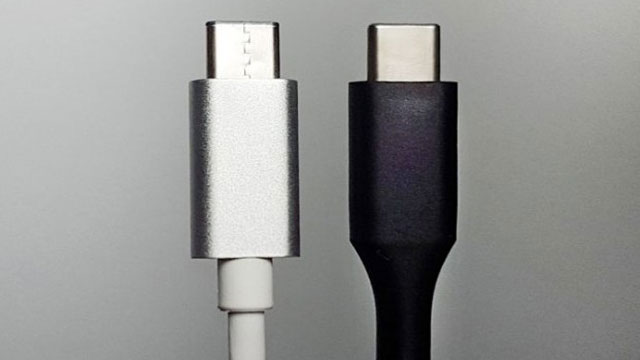USB Type-C cables are great because they’re reversible and support the latest, fastest USB spec, but some cables are so poorly made they can ruin your expensive hardware. Here are a few tips for buying ones that are safe.
Googler Benson Leung and The Verge’s Dieter Bohn both reported earlier this month that bad cable ruined their laptops. As we mentioned in our reminder, take special care to read reviews — including Leung’s in-depth ones — before you buy.
Laptop Magazine offers more tips that can reassure you. The first is to look at the plug itself:
“A good cable uses a deep-draw extrusion method that produces a Type C plug that is a single piece of metal and does not have a visible seam on one side of the plug,” said Tim North, a senior product manager at Monoprice (which recently had a cable approved by Leung). A folded and stamped connector, North explained, is usually made of zinc tin alloy which is easily broken and may not handle the cable’s power requirements.
Additionally, you can find a list of certified cables from USB Implementers Forum (USB-IF), which sets the standards for USB Type-C in this oft-updated PDF.
For even more on the potential damage from poor cables and other things you can do to protect your laptop, check out the link below.
How to Buy USB Type-C Cables That Won’t Fry Your Gadgets [Laptop Magazine]

Comments